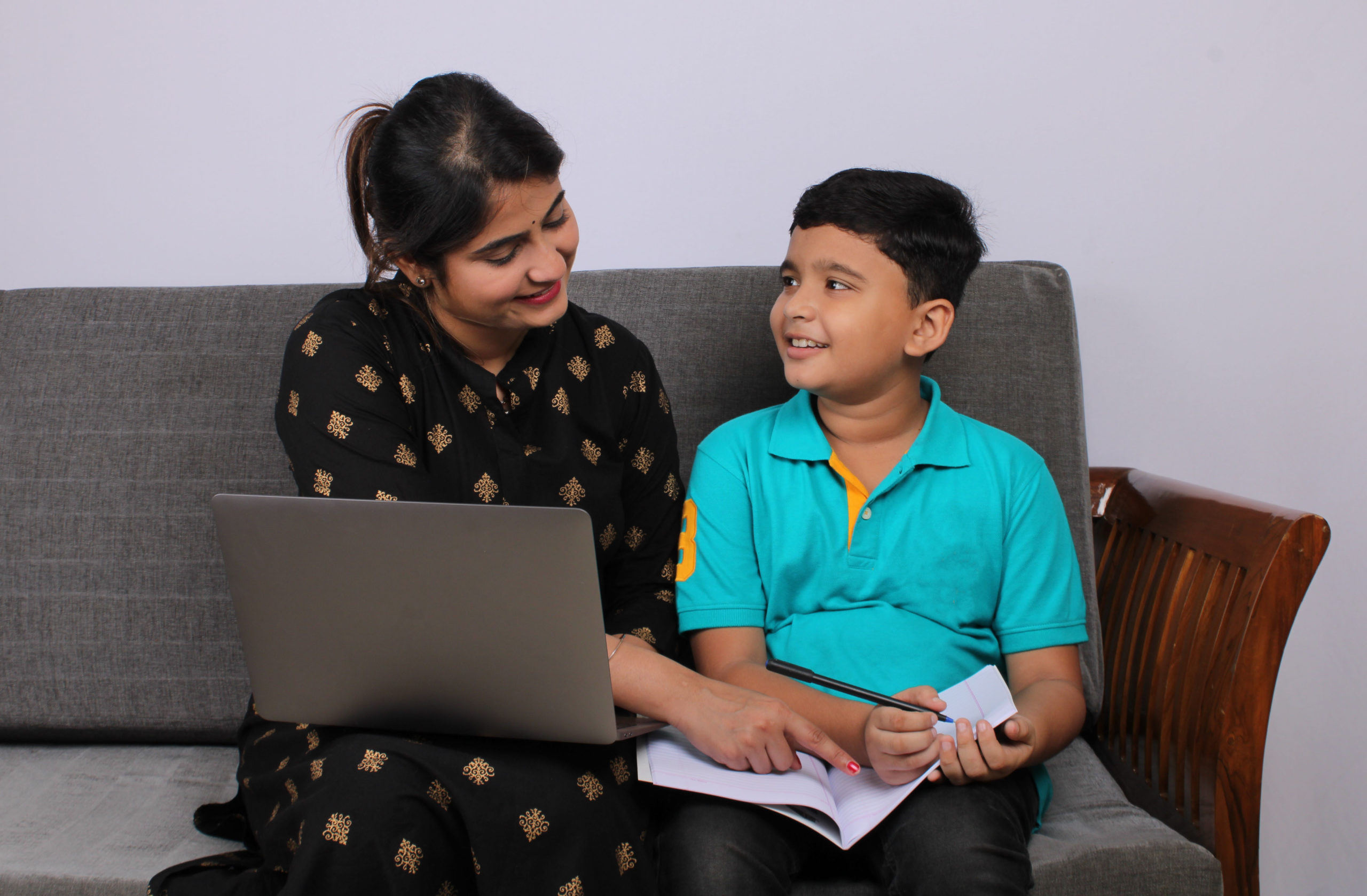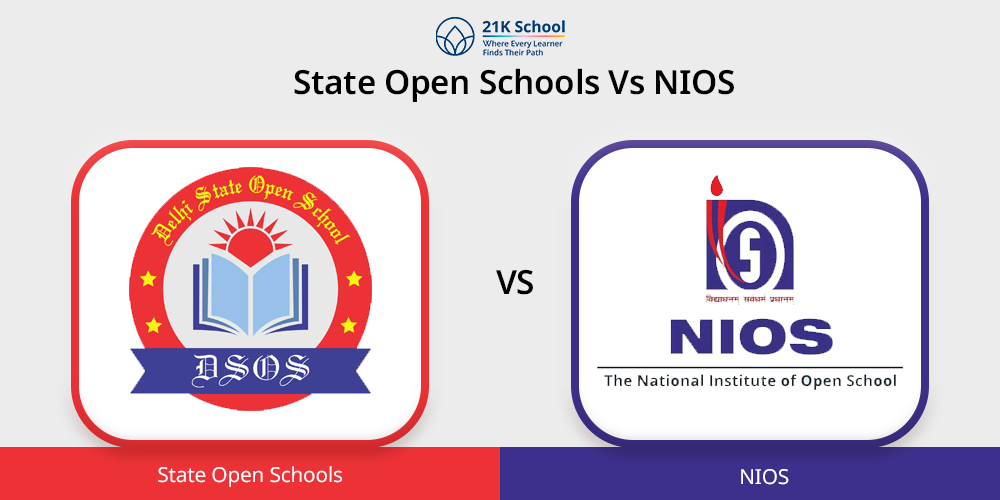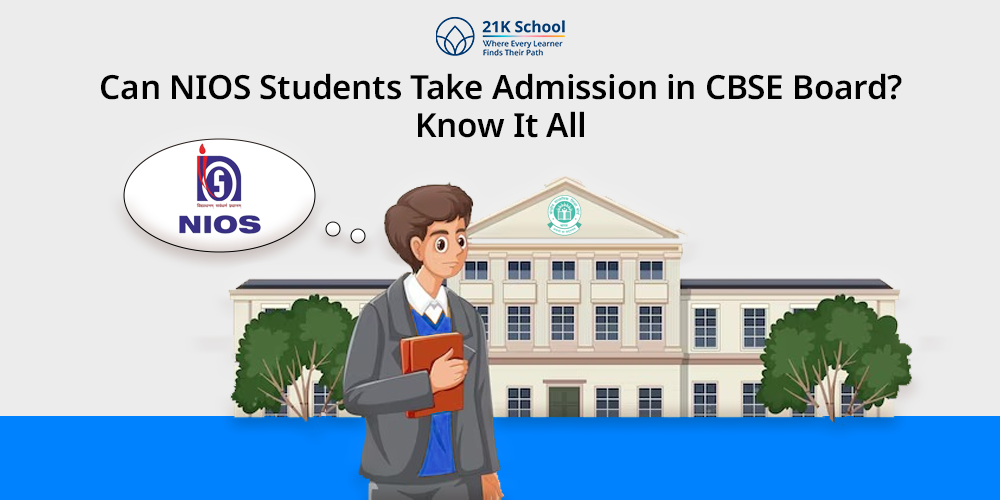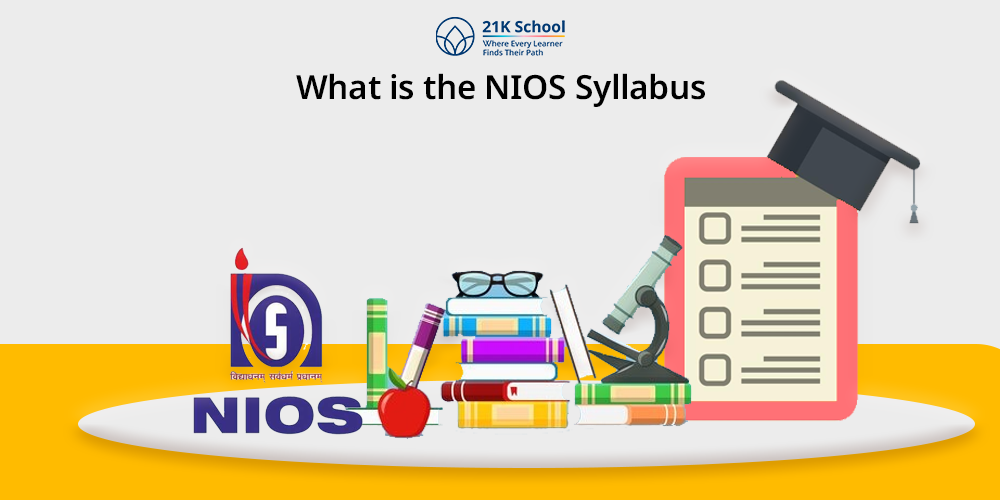
Homeschooling is increasingly becoming the norm for Indian students owing to the unprecedented situation created by the COVID-19 pandemic.
The global catastrophe has revitalized the online schooling paradigm. And teachers have been enthusiastically defeating the challenges faced by homeschoolers induced by the circumstances.
With teaching practices evolving globally, many have been facing challenges that they hadn’t prepared for.
Check out the blog, to pick the right online homeschool program for your child.
More families worldwide are choosing homeschooling as their way to educate their children.
Homeschooling is chosen by parents as a flexible, and personalized option. Mostly, for travel, due to health reasons, or when they feel traditional schooling isn’t the right fit.
Homeschooling curriculum has a lot of upsides, but it also introduces new kinds of problems.
Rather than depending on formal schools, homeschooling arranges most of the learning materials and social activities through students’ plans.
The article investigates the usual difficulties homeschoolers meet and explains how to handle them to ensure effective home education.
Table of Contents
- 1. Few Opportunities to Socialize
- 2. Time Management Problems
- 3. Creating and Carrying Out the Curriculum
- 4. Little Opportunity for Special Instruction
- 5. Burnout in Parents and Students
- 6. Financial Strain
- 7. Few Options for Extracurricular Activities
- 8. Problems related to motivation and discipline
- 9. Dealing with Legal Rules
- 10. Fears Regarding College or Career
- In Conclusion
1. Few Opportunities to Socialize
The Challenge:
People often worry that homeschooling limits children’s peer-to-peer education. Through daily class interactions, students in traditional schools learn how to work together, understand others and talk to each other.
Many homeschoolers find it hard to interact with peers and might become lonely.
Solutions:
- Take part in co-op groups or nearby organizations that plan fun events, sports and chances to serve the community.
- Have your children enroll in extras like art classes, music lessons, martial arts or local teams for sports.
- Sign up for Meetup or Facebook to join a community of homeschooling families.
- Support students in completing tasks together, competing and using study forums online.
Educators can depend on leveraging technology for interactive online teaching.
2. Time Management Problems
The Challenge:
Parents and students have to manage their time well while homeschooling. Dealing with tasks at home, running a class and looking after their time is not easy for parents.
Especially, with a lot of kids or jobs. Therefore, time-management skills are necessary to be brought into practice.
Solutions:
- Plan your time each day or week to include learning, breaks, having meals, finishing chores and relaxing.
- Manage your tasks with Google Calendar, Trello or build a planner in a notebook designed for homeschoolers.
- Choose your lessons in order of importance and aim to complete a set number every day to help motivation.
- Let your children join in the planning of what they will do, so they feel more accountable.
3. Creating and Carrying Out the Curriculum
The Challenge:
A lot of parents are anxious about deciding which curriculum or design to use that meets the rules set by the state and helps their child. There are worries about not meeting the most important classroom expectations.
Solutions:
- Use your state’s homeschooling rules and curriculum design to see what is required for each grade level.
- Consider designating your student to Khan Academy, Oak Meadow, Abeka or Time4Learning for their homeschool.
- Teachers should mix books, Internet resources, practical activities and field trips in their lessons.
- Attend either workshops or webinars for homeschooling, since these allow you to learn from experienced teachers.
Here’s the best way for choosing the right curriculum for your child.
4. Little Opportunity for Special Instruction
The Challenge:
Education in advanced math, scientific labs or foreign languages usually calls for special assistance, something parents might not always handle.
Solutions:
- Choose online classes or one-on-one online help for your kids in tough areas.
- Contact fellow homeschooling parents for advice and guidance on subjects you don’t know clearly.
- Make sure that you check educational YouTube channels, apps and MOOCs for clear and useful courses.
- Inform nearby schools or colleges and let them know you wish to bring your homeschoolers to suitable lab sessions or workshops.
5. Burnout in Parents and Students
The Challenge:
Being together in a routine for many hours without interruption eventually leads to fatigue and frustration for everyone. Parents and children create a different kind of pressure to process through learning, leading to exhaustion.
Solutions:
- Frequently use themed days or project weeks to take a break from regular learning.
- Provide opportunities for both learning alone, being part of a group and taking lessons outdoors.
- Take regular pauses from devices, spend some time away from screens and remember to move. Try creative-engagement for kids without screen time.
- Make sure parents take time each day to take care of their emotions and minds.
6. Financial Strain
The Challenge:
Unlike sending children to public school, homeschooling means parents are responsible for buying educational materials and sometimes paying for tutors. Sometimes, a parent needs to quit their job which means the family gets less income.
Solutions:
- Check Khan Academy, Coursera and education blogs for printable lesson plans and worksheets to help you.
- Joining homeschool cooperatives will allow you to share both teaching tools and the cost of purchasing them.
- Take advantage of programs at libraries and in the community that help with learning for free.
- You can find many books used, do a lot of your own activities and look for cost-effective digital books.
7. Few Options for Extracurricular Activities
The Challenge:
Sports, arts, science fairs and other activities outside of regular school help students grow into full individuals. Homeschoolers may not easily find these kinds of experiences.
Solutions:
- Team up with schools or community centers that welcome everyone to their events.
- Motivate your kids to join contests or workshops over the Internet or in their community.
- Host offline/online group projects with other homeschoolers, including displays, educational art classes or experiments.
- Register with homeschooling organizations that organize online events.
The Challenge:
If they do not have peer pressure or a classroom environment, students can easily become unmotivated. For some, sticking to their tasks can be a problem.
Solutions:
- Make charts or introduce prizes to encourage students to focus on their learning.
- Make goals for each day and make students involved in following their progress.
- Use interactive learning through apps to keep your lessons fun.
- Provide opportunities for learning and doing practical projects, watches and by observing.
9. Dealing with Legal Rules
The Challenge:
The rules about homeschooling are not the same everywhere. There is a possibility that parents feel unclear about the documents, attendance expectancy or testing measures involved.
Solutions:
- Check relevant websites for the necessary information on local education rules.
- Attach yourself to organizations that defend homeschooling rights and check out relevant forums for more assistance.
- Record each student’s attendance, the lessons taught and any assessments, just in case of future inspections or transfers.
- Annual standardized testing can show if your child is improving and help create an accurate transcript.
10. Fears Regarding College or Career
The Challenge:
There is a fear among parents that choosing homeschooling will affect their child’s chances for admission to college or job offers.
Solutions:
- Homeschoolers who submit the requested documents are accepted at leading universities internationally.
- Record course descriptions, your grades and any accomplishments in extra activities for your records.
- Support youth in finding internships and volunteer opportunities as well as personal activities that will help them develop their resumes.
- Make use of homeschool graduate forums to obtain options for preparing for college.
In Conclusion
Homeschooling can be very rewarding, but it has its tough moments as well. Dealing with academics and social experiences is part of the process that homeschoolers and their families face together.
If proper strategies are put into place and the community cooperates, most of these problems can easily be overcome. Being flexible, establishing set routines, reaching out to others and putting the child’s needs before anything else is most important.
If homeschooling is done well, children develop both their knowledge and confidence.
If you have any questions about online schooling feel free to reach out to us on info@21kschool.com or message us on our social media platforms and we will be happy to help.
Want to learn more about 21K School and talk to our experts? Fill the form and request a call back. Let’s explore if online schooling is right for your child.



